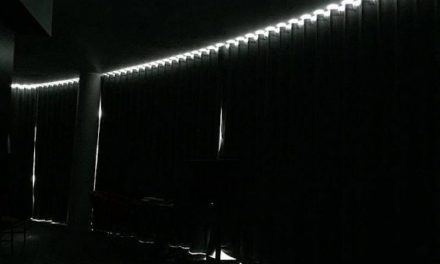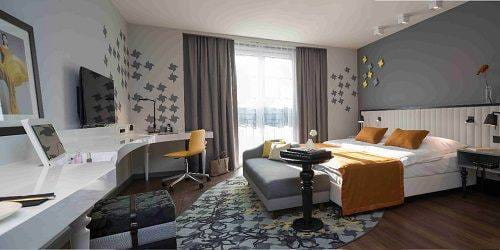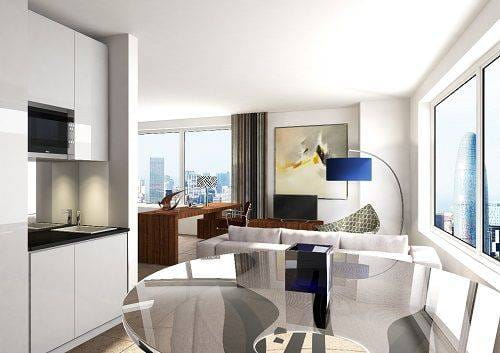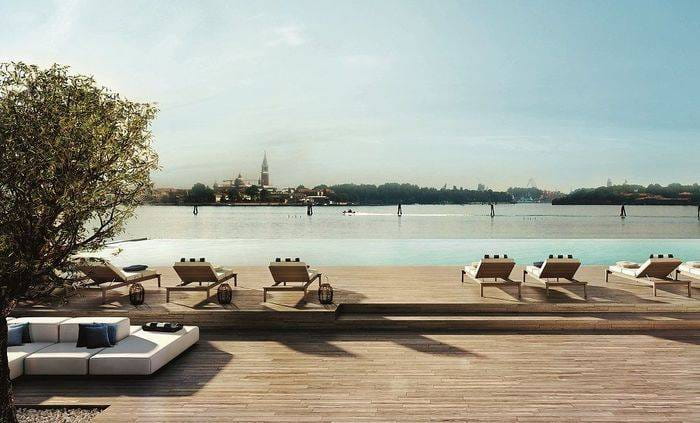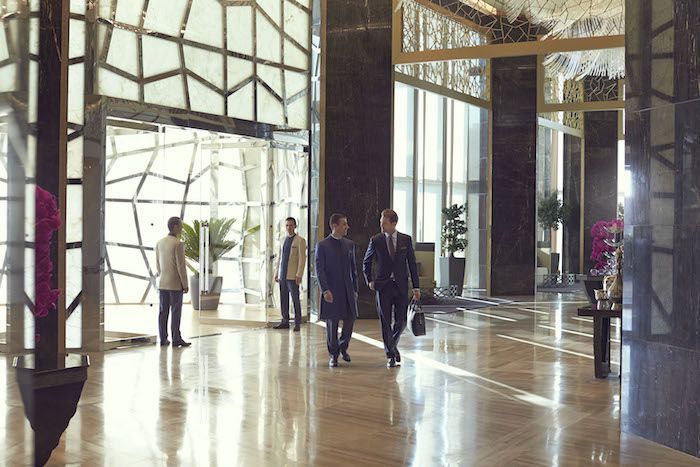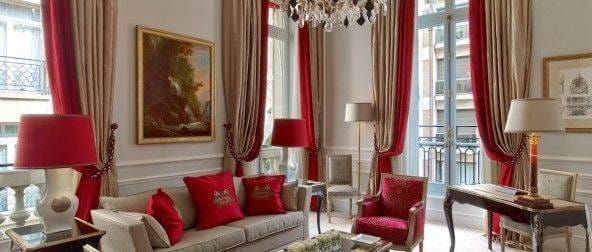The world of hospitality is a vast one. There exist various categories of hotels according to designated stars, diverse styles, sizes, etc. In addition to hotels, you can also have hotel residences, which are not exactly hotels, but resemble them in several ways. I recently visited Frasers Hospitality Residence, which has just been renovated along the Avenue des Champs-Elysées under the more well- known name of Claridge. At one time a former hotel built in 1905, this establishment is today a residence where one can rent large or mid-size apartments during a stay. This type of residence can even be found on online booking sites. Whether you prefer a hotel or a residence lies up to you. Below are several pieces from our conversation with Guus BAKKER, the head of operations and development for the group in Europe, the Middle East, and Africa. Guus launched Frasers Hospitality in the United Kingdom in 2002 with the opening of three residences. Today, he is in charge of 31 residences within these regions. As you will see, he has always been involved within this universe.
The Specificity of Frasers Hospitality Residences
How do you select your establishments? What type of location do you look for? What are your thoughts on those models where we find the construction of hotels related to residences?
The key points are certainly the service offerings but, above all, the product. We look for sites that are modern, but also historic. We position ourselves in largely central locations, such as the area of La Défense in Paris, for instance, or along Avenue des Champs-Elysées. We are not on the city peripheries. The location dictates the product. On the Champs-Elysées, we have created a high-end product, whereas at La Défense, we’ve developed a product that is largely oriented for business.
We are focused exclusively on residences that operate 100% under our management. There are some hotel groups that develop residences in parallel to hotels, but these groups often sell the residences to private individuals and/or manage their apartments like suites attached to hotels. I think it’s a way for some groups to accelerate development because it does serve as a rather effective model. We prefer to remain specialized in tourist residences. We always maintain a careful watch toward the hotel industry.
One of the rooms in the Frankfurt residence
In your opinion, what is missing in hotels? What is the difference between what you offer versus what a hotel offers, and how do you envision the ideal room?
A hotel might consider its suites as something exceptional. In our establishment, suites comprise our only product, and so we strive to bring in nothing but the exceptional. Within our residences, we generally offer less restaurant offerings. We manage and conduct our teams in a different fashion. With more reduced offerings, we can allow ourselves to remain competitive with hotels in terms of pricing. A 5-star hotel might offer annex services (such as the bar, the spa, the restaurant) that only 5-10% of clients use. We, on the other hand, place all our efforts on the 90% of clients who don’t need these services. We focus our efforts instead on the space in which the client spends the most time: that is, his room.
The ideal hotel room is difficult to describe. It’s a space where the client feels at home; a room that is comfortable and easy to use. At Frasers Hospitality, our rooms are spacious and benefit from connectivity. This is what’s most important—in addition, of course, to the quality of the bedding, which remains essential. Our clients are always bringing in with them new technology, and since this is constantly evolving, we have to continually offer the best ways to remain connected.
Capri by Fraser Barcelone
Laurent Delporte, an editor and conference speaker, is a strategic expert in the sector of hotels. A visionary, he brings his unique look on hotels in service to the decision-makers in the industry, whether to enhance the development of new projects or strategic visions.
Laurent has visited and audited over 350 hotels across the world and also participates in mystery visits to provide quality control for the world’s finest hotels.


 HOME
HOME

